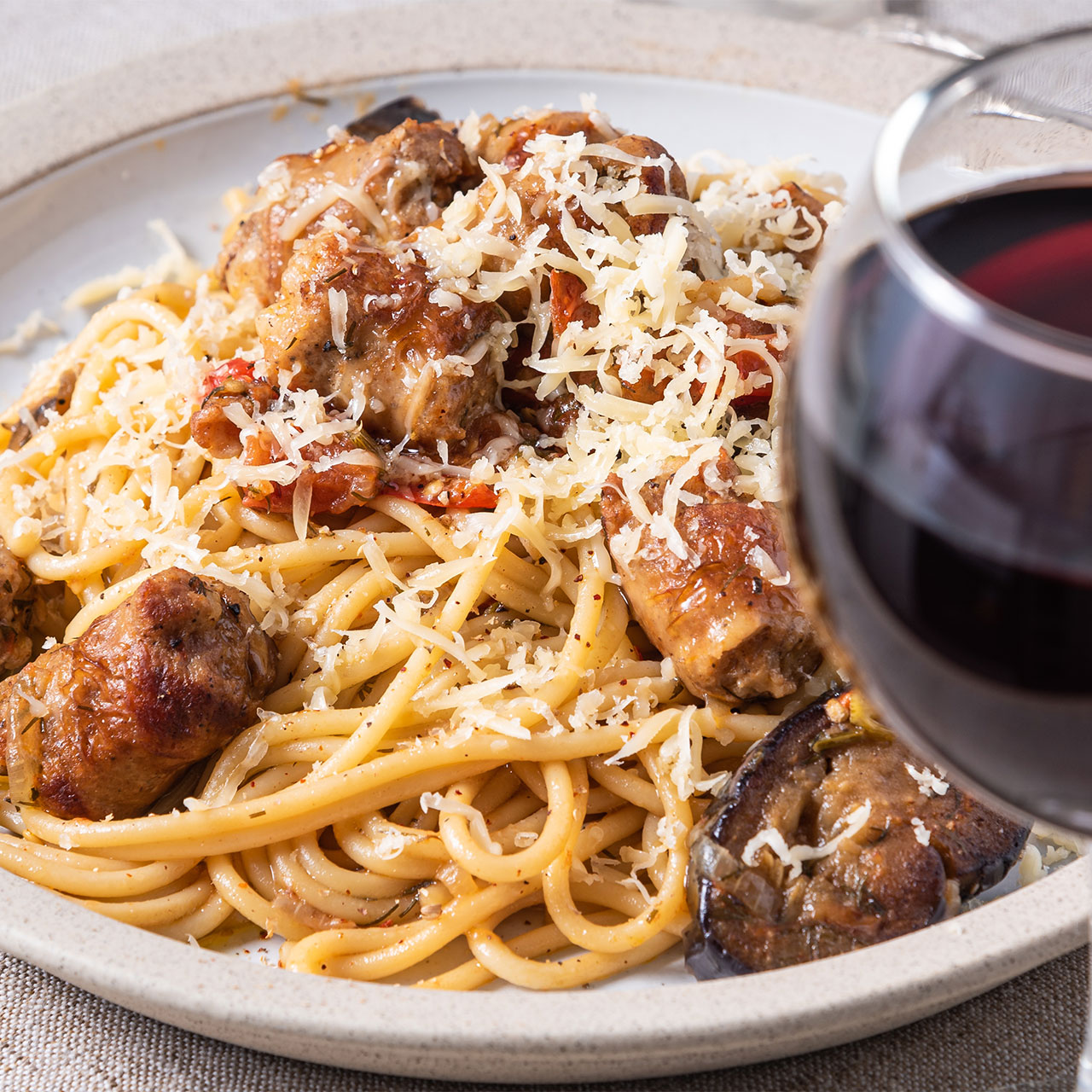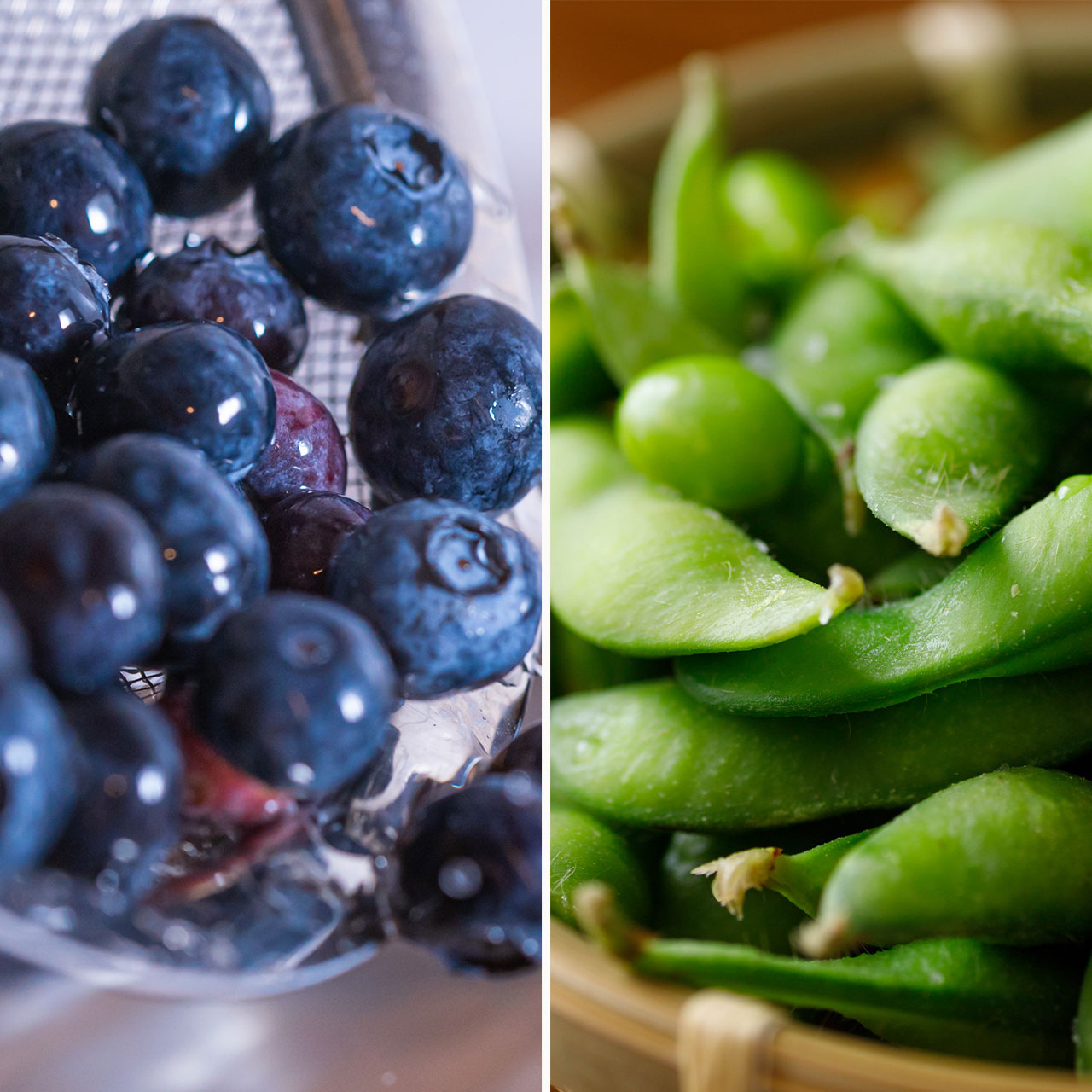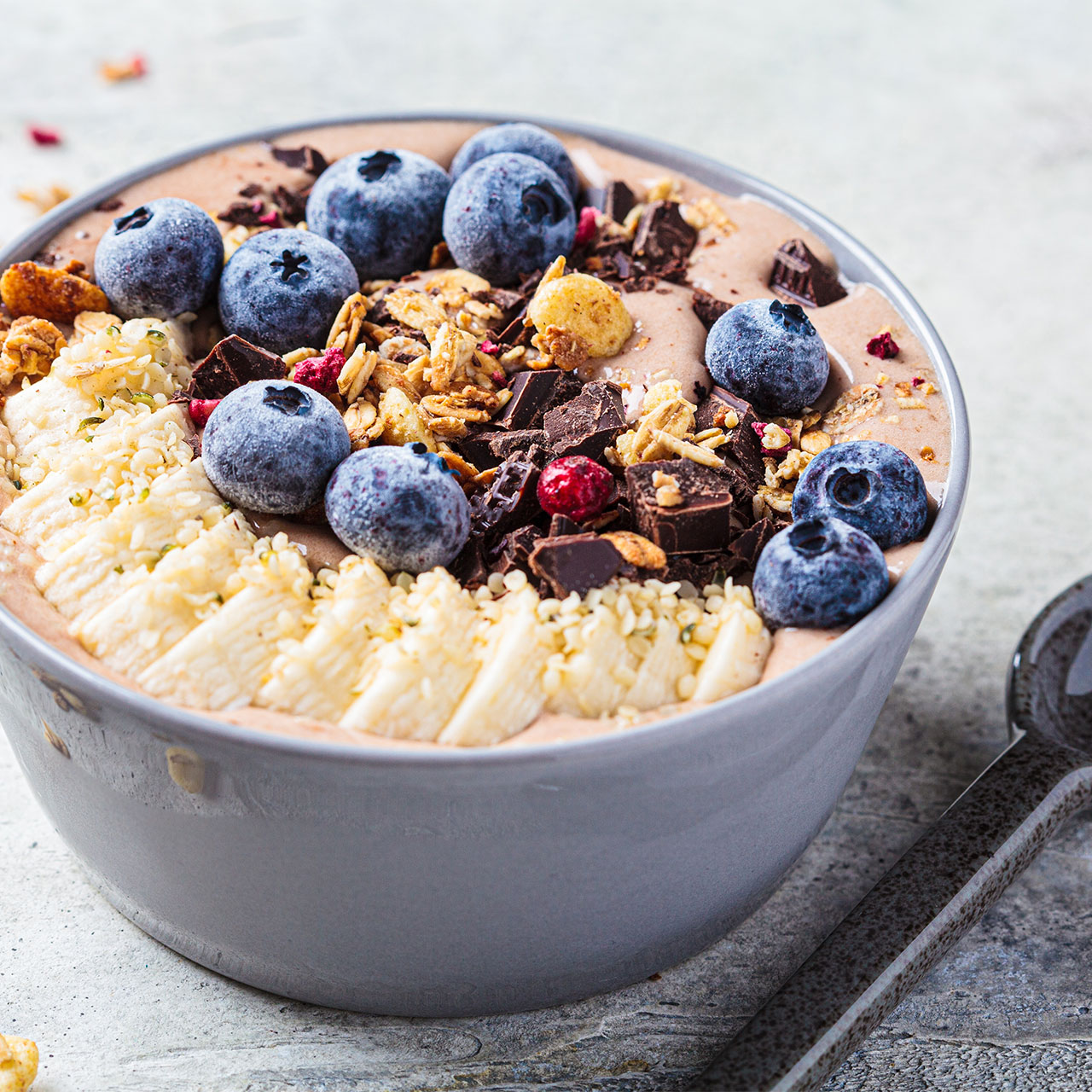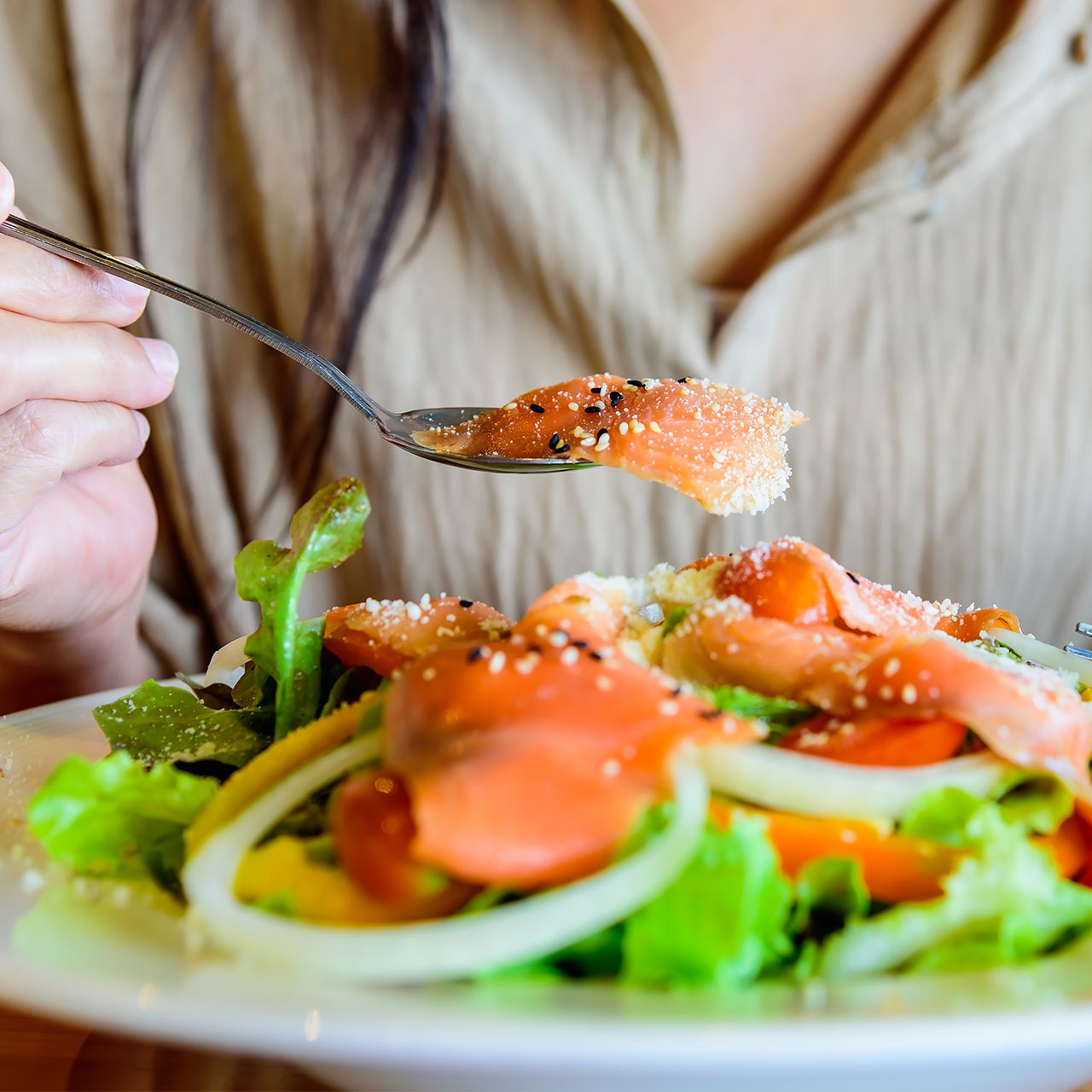This is an archived article and the information in the story may be outdated. Please check the time stamp on the story to see when it was updated last.
With the rise in popularity of high-protein, low-carb diets has come a focus on eating meat and non-meat sources of protein as much as possible. But an emphasis on protein, protein, protein can lead individuals to lose sight of fat content, which is so important as well. Finding lean, or low-fat, sources of protein to eat daily can help support fat burning, as well as overall weight loss and health, leading nutrition experts told us.
“An overlooked aspect of protein selection, especially since the rise in popularity of Atkins, Keto, Paleo, etc., is fat content,” Ronnie Lubischer, CSCS, of Lubischer’s Burn and Blast Training says. “When just eating protein for the sake of eating protein and not paying attention to the source, it’s very easy to elevate your fat content which could be disastrous not just to weight loss goals, but to your overall health,” he warns. For this reason, “I like to use the phrase, ‘keep it lean’ to clients.”
“Protein rich foods can help prevent overeating as well by filling you with a macronutrient that digests more slowly, which will keep you feeling full for longer post-meal,” registered dietitian Trista Best of Balace One agrees.
“Whole proteins break down to amino acids; 8-9 of the amino acids are considered essential, meaning you have to acquire from your food source,” Dr. Amy Lee, Head of Nutrition for Nucific says of her approach to lean protein intake. “Eating animal proteins often times can give you the complete 20 amino acids, which can help maintain one’s lean mass by preventing break down.” Break down is a common process of aging, she explains, and the muscle mass in the body is the only component that burns calories or metabolizes fuel from food to produce energy. “Some plant-based foods also have all complete proteins,” she advises.
Without further ado, here are the best lean protein sources to consider when planning your meals this week:

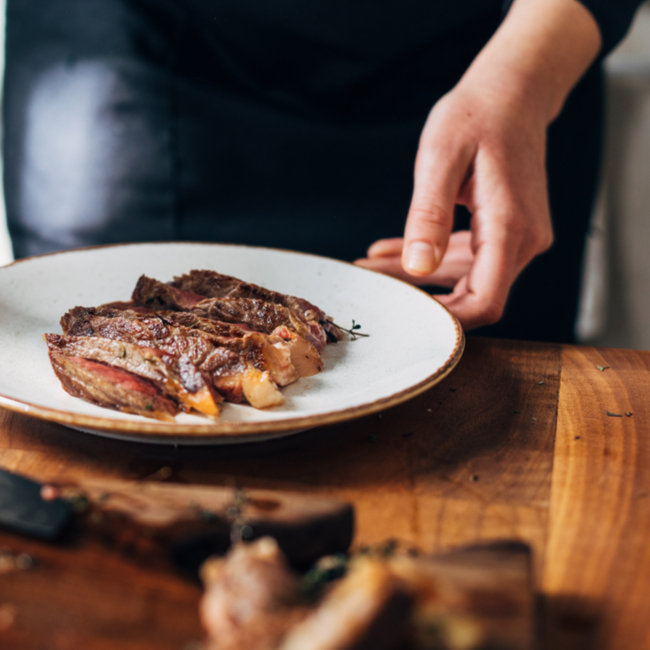
Flank Steak
"If your goal is to maintain and/or add quality lean muscle tissue, this is the powerhouse you need," Ronnie advises. "As with any red meat, the micronutrient content is untouched as far as muscle building goes as it’s chock-full of amino acids, B vitamins, and important minerals like zinc, selenium, and iron."
Canned Tuna
This diet mainstay yields, on average, just 3 grams of fat and a whopping 40 grams of protein per single can, Ronnie points out.
"In addition to incredible macro content, its micro content includes iron, B6, and potassium." Want to spruce it up a little bit? "I tells clients to add 1 tablespoon of spicy brown mustard, 1 tablespoon of balsamic vinaigrette, and 1 tablespoon of capers, served on top of your favorite greens. Trust me, you won’t feel like you’re dieting or eating lean!"
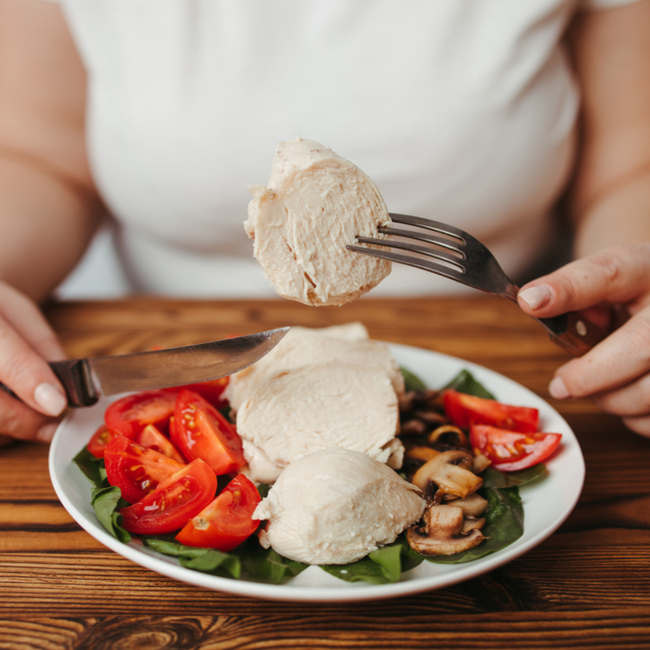
Chicken Breast
An oldie but a goodie. Chicken will always remain a lean diet staple because of its ability to take on so many taste profiles (dry rub bbq, asian or Italian style are all calorically friendly among many other possible preparations that help keep it fresh) but with amazing macros such as (for 1 breast or 6ozs) 40g of protein to only 4g of fat. In addition it contains the beneficial micro nutrients of the full B spectrum, iron, zinc, selenium, and phosphorus.
Cod Fish
"If your goal is to maintain as much muscle as possible while dropping as much fat as possible, then cod is king," Ronnie says. A single cod filet packs a walloping 40 grams of protein to only 1 gram of fat. "In addition to that, near untouchable macro content its micro content includes calcium, iodine, and B12." Nice!
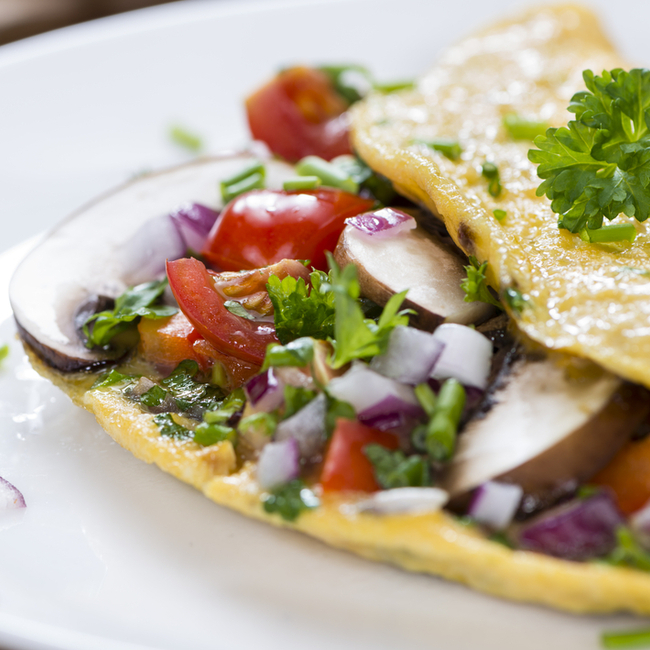
Veggie Omelette
"A veggie packed omelette is a great breakfast option to reduce inflammation," Trista says. It's loaded with healthy fats and antioxidant rich produce that will "directly fight inflammation and prevent future inflammation from setting in," she explains.
It's the perfect combination: "The protein from the eggs and fiber from the vegetables will help keep you feeling full for longer periods of time which will offset your hunger and overeating throughout the day," she advises. Just remember to skip the cheese to avoid unnecessary saturated fat and calories.
Others: Eggs, Plain Yogurt, Tofu
These foods also contain higher protein than fat content. Eggs are a low-carb and low-calorie source of protein. Plain yogurt--without sugar additives--is tasty and high in protein, as well as helpful in stabilizing healthy gut bacteria. Tofu is a good option if you're a vegetarian.


